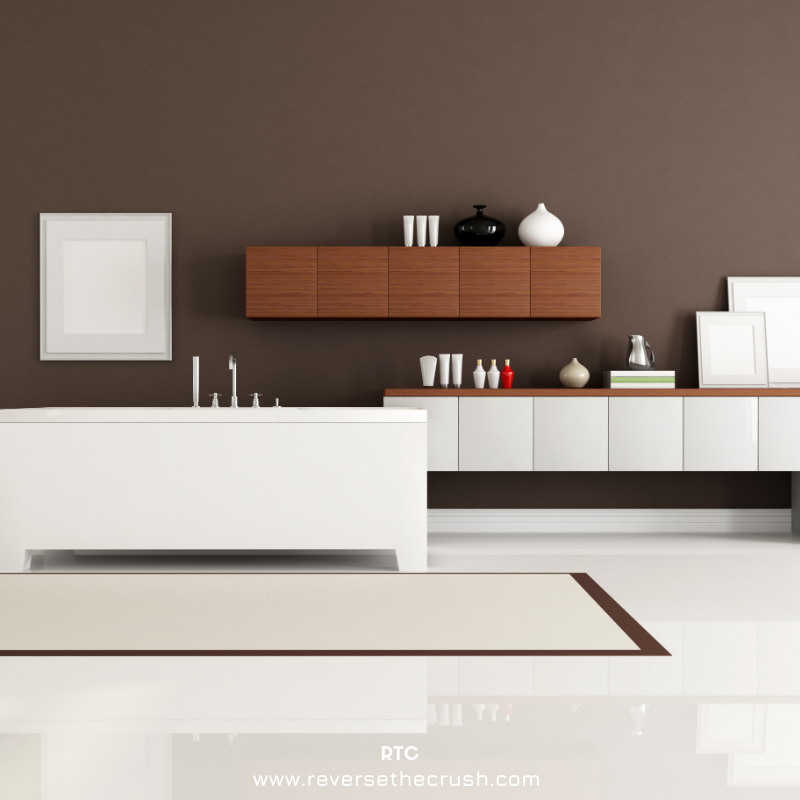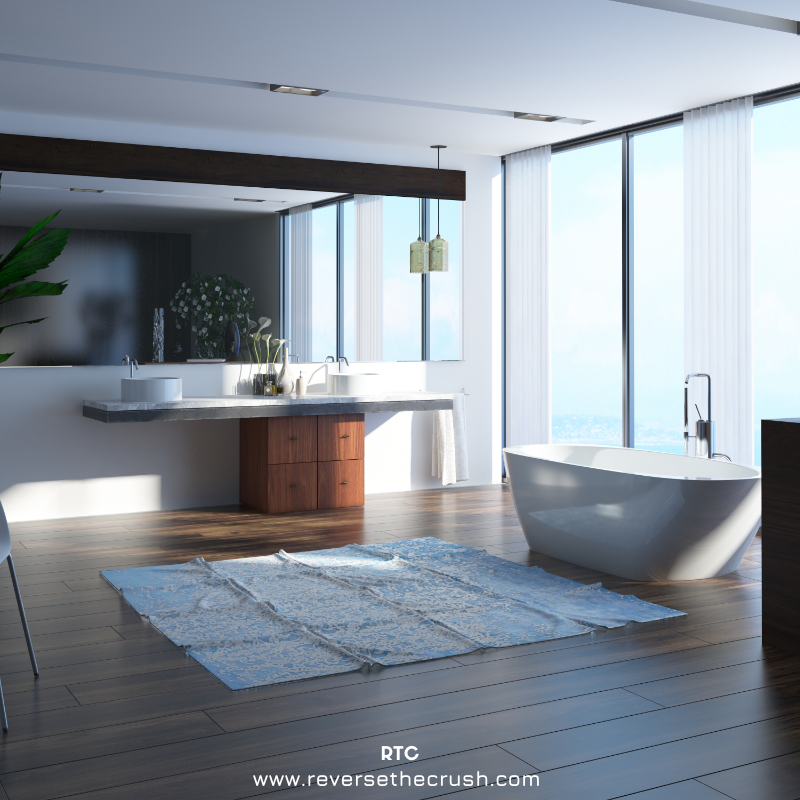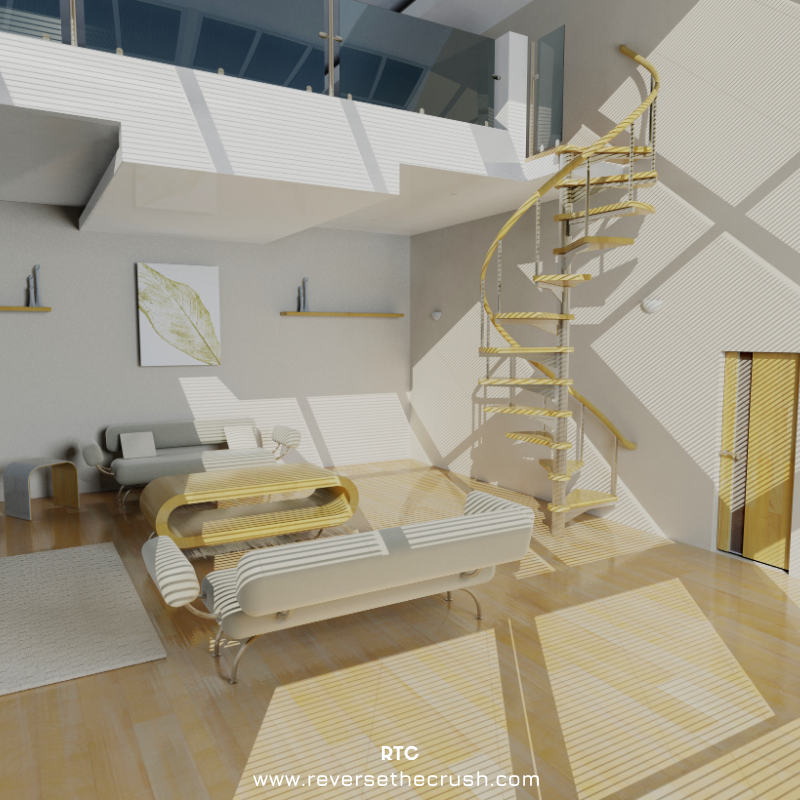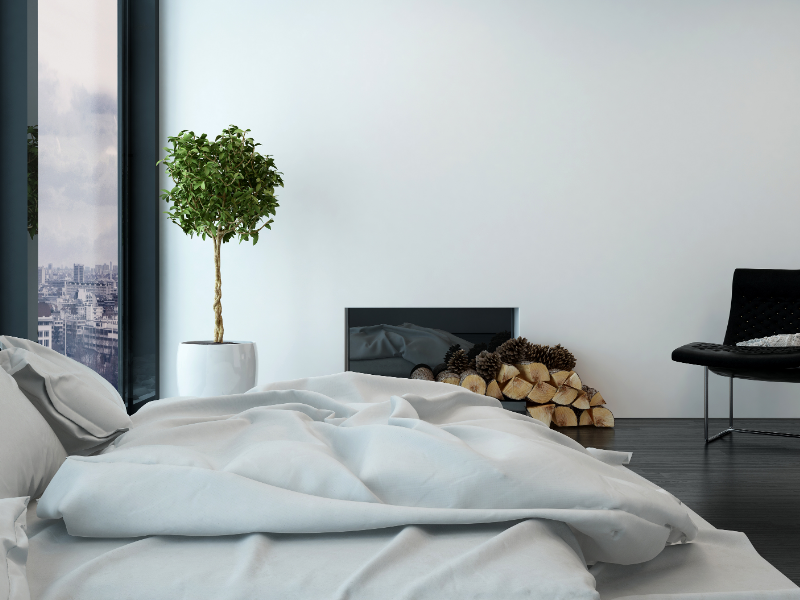Buy less stuff: Millennials own less stuff they don’t need. Instead, they focus on value. Here’s 13 Reasons to buy less stuff.
The new iPhone 12 was announced recently.
Apple completely redesigned its flagship device and added new colours as well. The new blue iPhone 12 looks brilliant.
Despite the redesign, magnificent blue colour, 5G network, and various other new features, I will not be purchasing a new iPhone because I don’t want it. I don’t want to buy more stuff.
In fact, I’m tired of buying new stuff. I find myself having little to no interest in buying new stuff.
I don’t want another old iPhone laying around in a drawer.
In this post, I will discuss why millennials want to buy less stuff.
Let’s get started.
Buy Less Stuff
As a preface, I’m going to clarify on what I mean by “stuff.”
I’m not talking about necessities, passions or things that add value to your life.
I’m talking about stuff you don’t need.
Extras, add-ons, the newest, the latest, or the current must-have.
Things like the latest iPhone, excessive amounts of clothing or shoes, expensive furniture, or over-the-top luxury cars.
Essentially, the stuff I’m talking about is extra or unnecessary what baby boomers like. It’s jam packing large houses and driveways with stuff.
Basically, stuff is purchases that don’t get you further or add value to your life.
Spending is fine on necessities and what adds value
Of course, there is no escaping necessities. Things like food, toilet paper, cleaning supplies, hygiene products, and healthcare are essential. You must buy those things.
And sometimes spending money makes sense when the stuff you buy adds value to your life.
For example, spending money on education potentially increases your income. In turn, it will eventually improve your life. Or, if you have a passion for music, spending money on music equipment or expensive headphones makes sense.
Simply put, buying necessities or purchasing specific things that add value to your life are not the same as buying stuff.
So, determine what you value and spend money on that. Don’t just pile stuff for the sake of it.
Related: Frugal vs Cheap: The Difference Between Frugality and Being a Cheapskate
Why Millennials want to buy less stuff
Now that we have defined what buying stuff means, let’s discuss why Millennials don’t want to buy more stuff.
To those baby boomers that keep telling me to own stuff, here are the reasons why I buy less stuff:

1. I have no interest in buying stuff if it doesn’t change my life
Frankly, I’m just not that interested in buying stuff.
I never impulse shop, and I don’t enjoy shopping on Amazon to buy stuff.
It feels like I’m just passing time and trying to entertain myself before death.
If I don’t need something, I have no interest in buying something.
I don’t get a thrill out of shopping, I find it tedious.
At the end of the day, if I buy something, most of the time it doesn’t change my life.
If I buy a piece of jewelry, I still come home the same way and eat the same dinner. It doesn’t change my pastime. You just have a piece of jewelry to come with that you can put in a drawer. It doesn’t change much about life, so it’s not that exciting.
Starting a business is exciting. Improving your career is exciting. Helping others or pursuing a passion is exciting. Creating something is exciting.
2. Nostalgia wears off
No matter how fantastic what you buy is, the nostalgia will wear off.
The new car smell will fade away.
Your new iPhone won’t look as new as soon as it gets dropped.
The new house or condo will eventually require repairs and paint jobs.
There are things you can buy that add eternal value to your life, such as taking a course or something that you get a lot of usage out of.
However, with most stuff, the nostalgia wears off. Soon your new purchase will just be another old thing. It’s one of the reasons I’m not tempted to buy a new iPhone or laptop every year—nostalgia wears off.
3. There will always be something newer and better soon
Buying stuff is eventually not satisfying because something else will always be better soon.
If you buy a brand new iPhone 12, a new iPhone will be available one year later.
The same goes for any new car you buy.
For a while, you have the best product on the market. There is pride in that.
But owning the best product on the market is an endless cycle.
As long as the product you have does what it is supposed to do, try to appreciate it and avoid buying more stuff.
4. Stuff takes space
The more stuff you have, the less space you have.
Ultimately, you will either need to move to a bigger place to store your stuff, or you will need to live in a crowded space. I guess you could pay for extra storage too.
Just remember that every extra piece of furniture subtracts from the square footage. Every extra decoration makes your place feel smaller.

5. Buying stuff creates clutter
The more stuff you have, the more clutter you have.
Eventually you run out of places for the stuff you bought, so little stuff is planted in various spots all over your house.
It does not look good.
Your home becomes a cluttered, old museum with stuff everywhere in an disorderly fashion.
You’ve got no chance if you’re aiming for that modern, minimal, contemporary look.
Furthermore, the stuff collects dust, which makes it harder to clean.
Instead of buying stuff, buy functional, multi-purpose furniture that creates less clutter.
6. Millennials don’t care if they impress you
In case you haven’t noticed, millennials don’t care if they impress you.
They dress and look how they want.
They use Uber and ride programs to get around instead of buying cars.
Furthermore, they are willing to live in smaller-sized homes.
For others baby boomers, they are the counter-opposite. They care about big cars, big lots, and about having the biggest house on the street. Everything is a personal show.
But because millennials don’t care about impressing you, they buy less stuff.
7. To keep life simple
Most stuff just overcomplicates life.
For example, I have a MacBook and an iPad.
Most of the time, I use my MacBook because it’s more powerful and better for multitasking.
But sometimes I try to use my iPad just because I feel bad for hardly using it.
By having another device to use, as nice as my iPad is, it has overcomplicated my life.
A more simple, minimal lifestyle can lead to a happier life.
8. To Avoid Time Constraints
If you buy a new car or house, you immediately add time constraints to your life.
If you own a car, you must get it insured and take it regularly for oil changes.
Similarly, owning a house requires a great deal of planning and maintenance over the long-term.
On a smaller scale, little stuff around your house collects dust and ultimately adds to your cleaning.
Related: Short On Time? 7 Ways to Make More Time Before Financial Independence
9. Most stuff has flaws
The older I get, the more I know exactly what I want.
As such, I am increasingly critical of products and services I spend money on.
Although the new iPhone is super nice, I can easily convince myself not to buy it because it still has a notch. In my view, it is still a design flaw that needs to be solved.
In addition, I still want a fingerprint scanner instead of FaceID. Samsung has the technology available built into the touch screen. Since iPhone was not able to launch that feature, I will wait for the next model.
Moreover, I find that flaws exist with most stuff I buy.
With my Samsung Note 9, there is a small part of the screen that makes a clicking noise. It’s been like that since I got it.
Since most stuff is imperfect anyways, I don’t want to buy it.
10. Stuff Depreciates
The moment you drive a new car off the lot, it’s worth significantly less.
From there, the value of the vehicle continues to depreciate.
On the other hand, assets grow in value over time.
Since this is a finance-centric blog, I thought I’d mention that buying stuff costs money and that stuff usually depreciates in value.

11. Progress is more satisfying
Personally, I find progress with personal goals more satisfying than buying stuff.
Making progress with my dividend income or with blogging is more satisfying than buying stuff.
Plus, progress usually leads to earning more money instead of spending it.
When you buy stuff, it eventually gets old and outdated.
But when you make progress, typically, you take that with you into the future.
Progress with education, career, entrepreneurship, health, or personal goals is more satisfying than buying stuff.
Of course, progress requires dedication and commitment, so it’s not always immediately satisfying like buying stuff is. That’s why it’s the less popular route.
12. Experiences are better
In short, buying stuff is not memorable, experiences are memorable.
If you meet someone new, you don’t ask them what stuff they buy. You ask them what they like to do or where they have been because those are the memorable experiences.
If you ever go on a real trip to a different country with a different way of life, it will be one of the most unforgettable experiences of your lifetime. You won’t want to replace that memory.
Alternatively, the stuff you buy will eventually be forgotten, as it will be replaced with new stuff.
13. Thinking Long-term vs. Short-term
If you pay close attention, you will notice that some people focus on long-term purchases and others focus on short-term purchases.
The reason—immediate but temporary happiness.
Some people buy Jordans to share to their Instagram story. Meanwhile, they live at their parents’ house when they’re 30. That’s temporary happiness.
On the other hand, a long-term thinker is fine with delayed gratification for a big purchase, like a house. That’s a life-changing, value-adding purchase.
Ultimately, buying random, unnecessary stuff leads to short-term happiness.
Why Millennials Want to Buy Less Stuff – Concluding Thoughts
Now you understand why millennials want to buy less stuff.
For the most part, it’s a waste of money and time. It only leads to short-term happiness.
Nowadays, millennials are becoming more intentional with how they spend their money.
They don’t want to just pile stuff in big houses with big cars in the driveways.
In 2020, millennials would rather chase rewarding careers and start businesses. They would rather spend money on progress.
Unlike others baby boomers, millennials just want to own less and buy less stuff.
Related:
Short On Time? 7 Ways to Make More Time Before Financial Independence
Frugal vs Cheap: The Difference Between Frugality and Being a Cheapskate
5 Expenses to Cut-out to Increase Cash Flow
I am not a licensed investment or tax adviser. All opinions are my own. This post may contain advertisements by Monumetric. This post may also contain internal links, affiliate links to BizBudding, Amazon, Bluehost, and Questrade, links to trusted external sites, and links to RTC social media accounts.
Connect with RTC
Twitter: @Reversethecrush
Pinterest: @reversethecrushblog
Instagram: @reversethecrush_
Facebook: @reversethecrushblog
Email: graham@reversethecrush.com


 Frugal vs Cheap: The Difference Between Frugality and Being a Cheapskate
Frugal vs Cheap: The Difference Between Frugality and Being a Cheapskate
